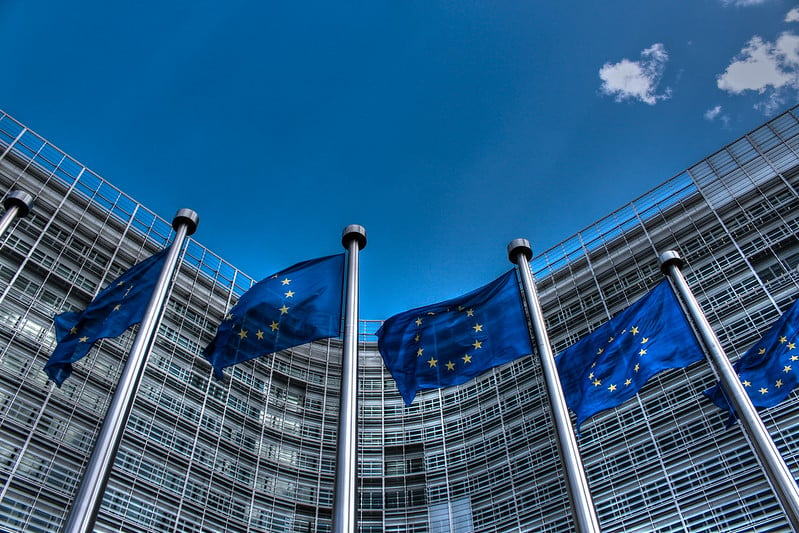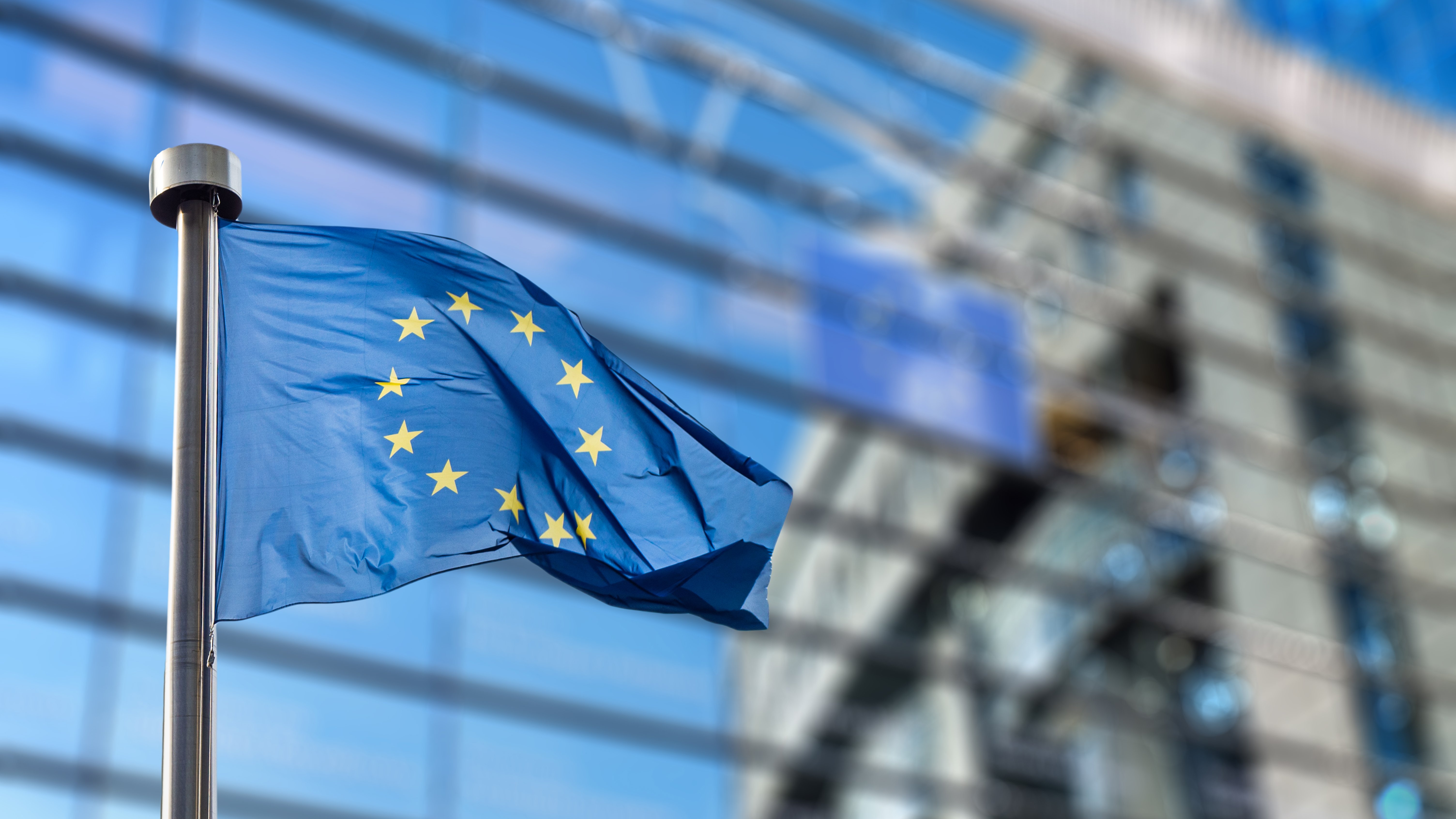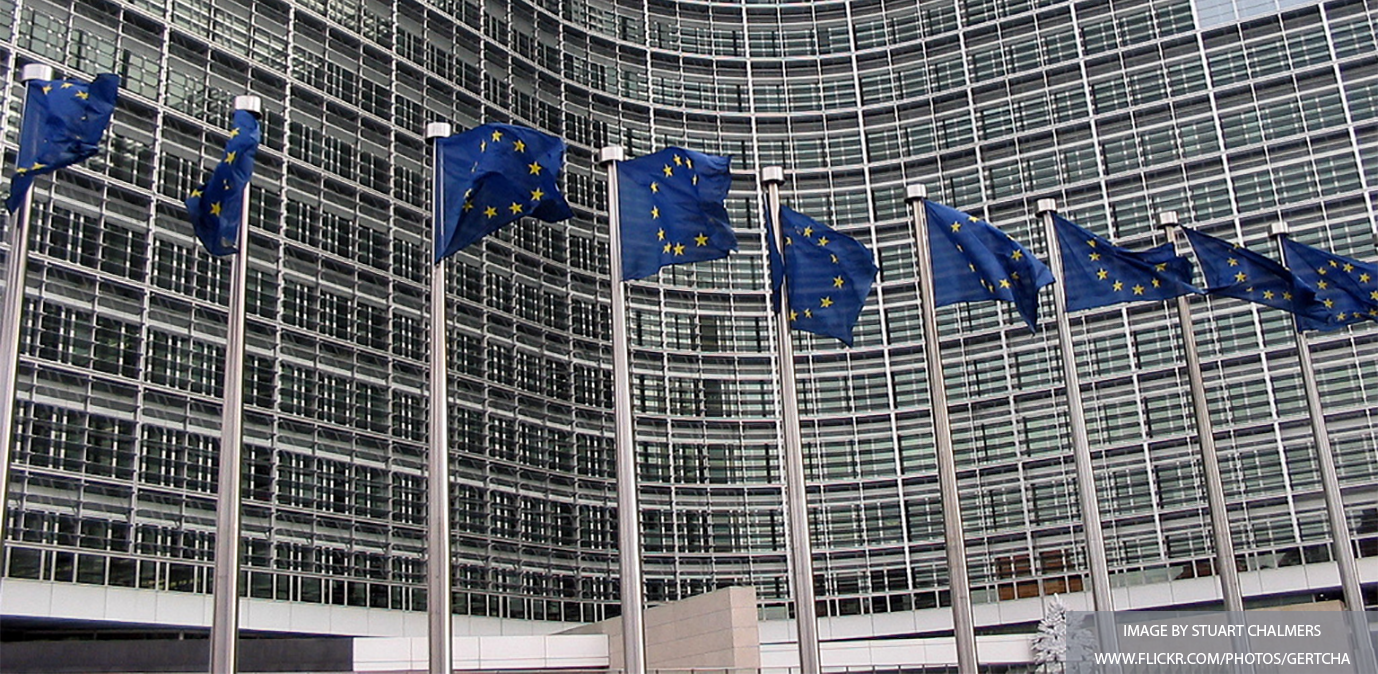In the ever-changing global landscape marked by geopolitical tensions and technological shifts, the European Commission is fortifying the economic security of the European Union with a series of new initiatives.
Recent Posts
Strategic Security in the EU: New Initiatives to Strengthen Economic Security
Written by Inline Policy on 06 Feb 2024
AI Act: A Game Changer in the Tech World
Written by Inline Policy on 21 Dec 2023
After an intense three-day negotiation marathon, the European Parliament and the Council of the EUreached a provisional agreement on the much-anticipated EU AI Act on 8 December 2023. As the world’s first comprehensive legislation on artificial intelligence (AI), this marks a pivotal moment in global AI regulation. With a risk-based approach, the AI Act introduces a structured approach to AI oversight, tailoring regulations to the complexity and capability of various AI systems.
Strategic Security in the Digital Age: The EU’s Deep Dive into Critical Technologies
Written by Inline Policy on 27 Oct 2023
The European Union’s economic framework has for a long time been underpinned by advances in technology. Yet, in our rapidly evolving digital era, innovation may in some cases pose a threat to economic security. The European Commission has therefore announced that it will undertake in-depth risk assessments across a number of critical technologies. While this initiative pivots on reducing tech vulnerabilities, it also encompasses geopolitics, strategic partnerships, and safeguarding the EU’s economic interests.
The DMCC: balancing fair competition and economic competitiveness
Written by Inline Policy on 15 Jun 2023
In this blog, Inline looks at the details of the Digital Markets, Competition and Consumer Bill, what it means for businesses, and the debate surrounding the draft legislation.
EU short-term rentals regulation: highlights from Inline’s panel
Written by Inline Policy on 26 Apr 2023
This blog is based on Inline’s panel discussion “EU short-term rentals regulation: where should compromise between the EU institutions lie?” which took place in April 2023. The event brought together Ivars Ijabs MEP, Shadow Rapporteur for the STR Regulation in the European Parliament’s Internal Market and Consumer Protection - IMCO Committee; Inge Janssen, Director Public Affairs, EMEA at Booking.com and Chair of EU travel tech; and Amaryllis Verhoeven, Head of the Digital Transformation of Industry Unit at DG GROW, European Commission. You can find a recording of the event here.
Short-term rental regulation could lead to fragmentation and legal uncertainty for platforms
Written by Inline Policy on 31 Jan 2023
On 7 November 2022, the European Commission published a proposal for a Regulation on data collection and sharing relating to short-term rentals. The proposed Regulation aims to establish a framework to share data between online platforms, hosts and public authorities. This blog analyses the two most pertinent parts of the proposed Regulation; it identifies the aspects that may cause friction; and it suggests how this friction could be addressed by policymakers.
The Swedish Presidency’s Programme – for a greener, safer, freer Europe
Written by Inline Policy on 20 Jan 2023
Sweden assumed the Presidency of the Council of the EU on 1 January and presented its policy programme on Tuesday 17 January to the European Parliament. The programme focuses on competitiveness, security, rule of law and sustainability. In this article, we examine the digital and sustainable priorities outlined in the programme. The Swedish Presidency is expected to drive progress in areas such as cyber security, data sharing, digital identity, and sustainability.
AI Liability Directive: liability rules in the digital age
Written by Inline Policy on 15 Dec 2022
The European Commission has proposed new rules providing compensation for damage caused by AI systems. Below, we summarise the two key instruments which users and providers of AI systems will need to comply with.
What a Liz Truss premiership will mean for UK tech policy
Written by Inline Policy on 05 Sep 2022
Liz Truss is the new UK Prime Minister. Her premiership is likely to mean broad continuity with the previous government’s tech policy of making the UK a technology superpower, but with a renewed focus following the drift of the last few months of the Johnson premiership. This offers opportunities for tech firms, but they should be alert for a possible deterioration in UK-EU relations. In this blog we explore the impact of the new administration on the key tech policy areas.
What the 2022 Queen’s Speech means for tech policy in the UK
Written by Inline Policy on 11 May 2022
The Queen’s Speech on 10 May 2022 outlines all the Bills that the Government intends to introduce in the new Parliamentary session. It includes substantial tech policy reforms in areas in which the UK is diverging from EU policy for the first time. While there are various initiatives, they can broadly be categorised as, first, pro-innovation and pro-competition measures, and secondly, changes to improve the protection of consumers of tech. Here we take you through the main proposals.
Inline Policy briefings: The Digital Services Act
Written by Inline Policy on 03 May 2022
The three EU institutions - Commission, Parliament and Council of the EU - reached a provisional agreement on the Digital Services Act, (DSA) on 22 April 2022. In this briefing we highlight its main provisions and their implications for companies, particularly regarding compliance and future regulatory ramifications.
Green and digital road transport: Where does the EU stand?
Written by Inline Policy on 31 Mar 2022
As the European Union seeks to achieve zero-emission road transport in cities, we explore what proposals on infrastructure, multi-modal travel and mobility data mean for passengers, industry, and other stakeholders.
Eight steps the Government is taking to turn the UK into a global services, digital and data hub
Written by Inline Policy on 03 Mar 2022
With the terms of the UK’s exit from the EU largely settled, the UK Government has begun to turn its attention to what it wishes to do with the powers that have been repatriated from the European Union. This blog explores the Government’s aspirations for the technology and digital sectors and its legislative plans to make the UK a global leader in this area.
Regulating the data economy (Part II): how will the Data Act regulate government access to data?
Written by Inline Policy on 03 Feb 2022
As explained in our previous blog, the European Commission is working on a legislative proposal to ensure European businesses, consumers and governments fully benefit from the free flow of data and are empowered to make better-informed decisions. This initiative, known as the Data Act, will not only regulate data sharing among companies (business-to-business, B2B), but will also specify in which cases and under which conditions companies must share data with governments (business-to-government, B2G). This blog analyses the EU’s plans for the B2G data sharing and identifies outstanding issues for businesses.
Regulating data sharing (Part I) – How will the EU Data Act impact your business?
Written by Inline Policy on 27 Jan 2022
In 2025, the value of the data economy in the European Union will be comparable to the GDP of the Netherlands. The actual impact that data will have on European economies and societies, however, will depend as much on technological advancements as on the rules that will govern data use and data sharing. In February 2022, the European Commission is expected to publish a proposal for a Regulation to facilitate data sharing and use between companies (business-to-business, or B2B) and between businesses and governments (business-to-government, or B2G). Known as the Data Act, this long-awaited initiative will have far-reaching impacts on companies, the public sector, and consumers. In this two-part series, we look at what issues the Data Act should address to harness the value of data while ensuring innovation, property rights, and privacy. This blog focuses on business-to-business data-sharing.
 Insights from Inline Policy listing page
Insights from Inline Policy listing page






.jpg)


.jpg)









